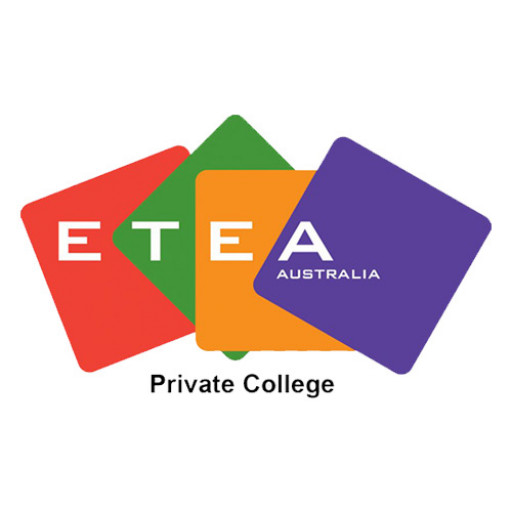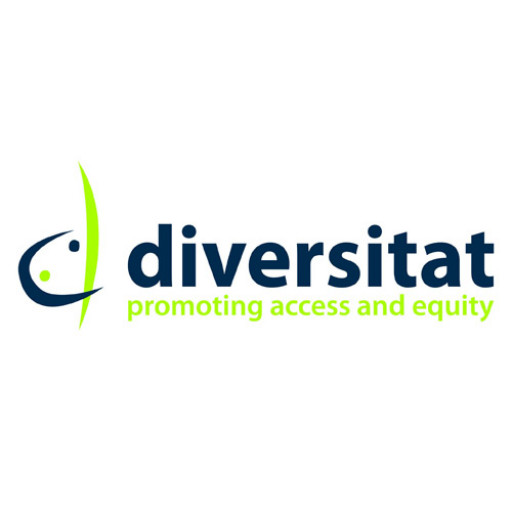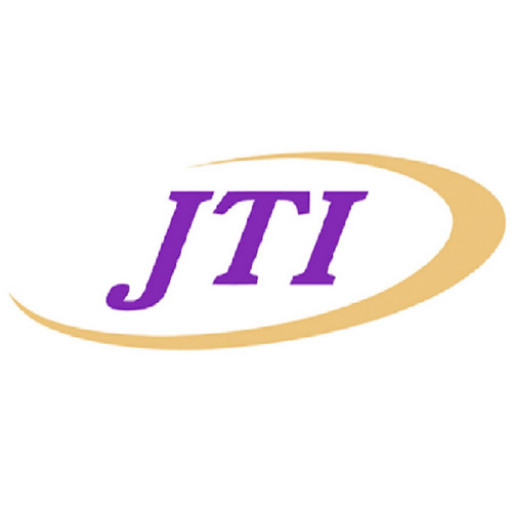Program Title: Bachelor of Disability Studies
Program Description: The Bachelor of Disability Studies is an innovative undergraduate program designed to equip students with comprehensive knowledge and practical skills relevant to supporting individuals with disabilities. This program offers a multidisciplinary approach, integrating perspectives from health sciences, social sciences, law, and policy to foster a deep understanding of disability as a human rights issue, social construct, and complex phenomenon. Students will explore a range of topics including disability rights, inclusive practices, community engagement, assistive technologies, and program development.
Throughout the course, students will engage in both theoretical learning and practical experience through placements and projects in diverse settings such as community organizations, healthcare facilities, educational institutions, government agencies, and disability support services. This hands-on approach ensures that graduates are well-prepared to work effectively in various professional contexts, advocating for accessibility, inclusion, and equality for people with disabilities.
The program emphasizes critical thinking and cultural competence, encouraging students to challenge stereotypes and consider ethical issues related to disability and social justice. Graduates will be equipped with the skills to develop, implement, and evaluate programs and policies aimed at enhancing quality of life and promoting independence for individuals with disabilities. They will also be prepared for further studies in advanced areas of disability research, health, and social policy.
Designed for those passionate about making a positive difference in the lives of individuals with disabilities, this program prepares graduates for rewarding careers in community development, policy advising, advocacy, case management, and support coordination. Furthermore, the program fosters a commitment to lifelong learning and professional development, ensuring graduates remain current with emerging best practices and innovative approaches in disability support.
In a rapidly changing landscape shaped by legislative reforms and social movements, the Bachelor of Disability Studies offers critical knowledge and practical expertise to contribute meaningfully to building inclusive societies. This comprehensive program aims to produce competent, compassionate, and socially conscious professionals dedicated to advancing the rights and well-being of people with disabilities.
Total character count: 1925.
The Bachelor's Degree in Disability Studies at the Institute of Tertiary and Higher Education Australia offers a comprehensive curriculum designed to prepare students for meaningful careers in the disability sector. This program provides students with a deep understanding of the social, psychological, and legal aspects of disability, emphasizing a person-centered approach to support and advocacy. Throughout the program, students explore various topics including disability rights, inclusive practices, policy development, and community engagement. The curriculum combines theoretical knowledge with practical skills, enabling graduates to work effectively with individuals with disabilities across diverse settings such as healthcare, social services, education, and advocacy organizations.
Students will engage in coursework that covers disability theories, ethical considerations, and contemporary issues facing the disability community. Practical experience is a core component of the program, with students participating in internships and field placements that foster real-world skills and professional networks. The program also emphasizes the importance of cultural competency, interdisciplinary collaboration, and evidence-based practices to ensure graduates are well-equipped to meet the evolving needs of the disability sector.
Additionally, the Disability Studies program aims to develop critical thinking and research skills, encouraging students to analyze current challenges and contribute to innovative solutions. Graduates of this program will be prepared for a variety of roles including disability support worker, policy advisor, community organizer, and advocacy specialist. The program is suitable for individuals passionate about making a positive impact in the lives of people with disabilities and committed to promoting social justice and equality. With a faculty composed of experienced professionals and scholars, students receive mentorship and guidance tailored to their career goals. Upon completion, graduates will be equipped to advocate for inclusive policies, implement support strategies, and participate actively in the broader movement of disability rights and inclusion.
Admission to the Disability Studies program typically requires applicants to hold a recognized high school diploma or equivalent qualification. Prospective students are expected to demonstrate a strong interest in disability issues, social justice, and inclusivity. Applicants may need to provide a personal statement outlining their motivation for pursuing the degree, alongside references that attest to their academic potential and commitment to the field. Some institutions may require a minimum academic achievement level, such as a specified grade point average (GPA), especially for competitive entry. Certain universities prioritize relevant experience, including volunteer work or employment in related fields, which can enhance an applicant's profile. In addition to academic prerequisites, applicants might be asked to submit evidence of language proficiency if English is not their first language, through tests such as IELTS or TOEFL. For mature students or those with significant professional experience, individual assessment might be available to consider their life experience and commitment to disability issues. Course prerequisites for advanced coursework within the program could include foundational subjects such as psychology, sociology, or health sciences. Students are also encouraged to participate in orientation programs designed to familiarize them with campus resources, academic expectations, and support services catered to students with disabilities. The program aims to attract a diverse student body, including those directly affected by disability and allies, fostering an inclusive learning environment. Throughout the program, students are expected to engage with community organizations, participate in seminars, and undertake practical placements to develop a comprehensive understanding of disability rights, policy, and support mechanisms. Successful completion of the program requires earning a specified number of credits through coursework, research projects, and internships, culminating in a final project or dissertation that demonstrates applied knowledge in disability studies. Continuous assessment through assignments, presentations, and exams ensures that students attain the necessary competencies in both theoretical frameworks and practical applications related to disability issues. The program also encourages interdisciplinary approaches, integrating perspectives from law, social work, education, and health sciences to prepare students for multifaceted careers supporting individuals with disabilities and advocating for policy change. Graduates are equipped with the knowledge and skills needed to work in policy development, advocacy, education, community development, and healthcare sectors, contributing effectively to the advancement of rights and inclusion for people with disabilities.
Financial assistance for disability-related students in university programs typically includes a range of support mechanisms designed to ensure equitable access and participation in higher education. Funding sources may encompass government grants, scholarships, and subsidies specifically aimed at students with disabilities. For example, government programs such as the Disability Support Pension (DSP) and Special Education Needs Funding policies provide financial aid to eligible students to cover additional educational costs.
Many universities offer targeted financial support, including hardship grants, fee waivers, and bursaries tailored for students with disabilities. These funds help offset expenses related to assistive technologies, specialized equipment, or alternative learning arrangements that may be required. Additionally, students with disabilities can often access funding through national or regional disability advocacy organizations that partner with educational institutions to provide scholarships and financial aid programs.
Loan programs are also available, allowing students to finance their studies with the understanding that repayment will be manageable post-graduation. Some institutions have specific financial counseling services to assist students in navigating available funding opportunities and managing their finances effectively during their studies.
Furthermore, work-study programs can serve as an important component of financial support, enabling students to gain practical experience and earn income concurrently with their studies while accommodating their disability-related needs. Accessibility of information about funding opportunities is crucial, and universities typically provide dedicated resources or offices to assist students in applying for financial aid and understanding eligibility criteria.
In summary, financing studies for students with disabilities involves a combination of government assistance, institutional support, scholarships, loans, and work opportunities, all designed to promote inclusive education and reduce financial barriers. Students are encouraged to explore all available options early in their academic journey to ensure comprehensive financial planning and support during their university studies.
Disability support services are an integral component of the student services offered at many universities, aimed at providing equitable access to higher education for students with disabilities. These programmes typically include comprehensive support tailored to individual needs, ensuring that students can participate fully in academic and campus life. Support may involve academic accommodations such as extended time for examinations, note-taking assistance, and accessible learning materials. Additionally, universities often provide specialist support staff, including disability advisors and counselors, to assist students in managing their educational journey and addressing personal or disability-related challenges.
Universities also invest in physical infrastructure upgrades, ensuring campus facilities are wheelchair accessible and equipped with assistive technology. They may offer orientation and training sessions on using accessible technologies and navigating campus facilities. The primary aim of these programmes is to foster an inclusive environment where students with disabilities can thrive academically and socially, achieving their educational goals without undue barriers.
Based on the Institute of Tertiary and Higher Education Australia guidelines, institutions are mandated to develop and implement comprehensive support systems tailored to the diverse needs of students with disabilities. These systems emphasize individualized planning, confidentiality, and collaboration among students, support staff, and educators. Universities are also encouraged to promote awareness and understanding of disabilities among the wider student body and staff, cultivating a culture of inclusion and respect.
Overall, disability support programmes in Australian universities are designed to uphold the principles of equity and accessibility, ensuring that higher education remains an open and welcoming environment for all students. The services and accommodations offered are regularly reviewed and updated to reflect best practices and evolving technological solutions, reaffirming the commitment of Australian tertiary institutions to inclusivity.









